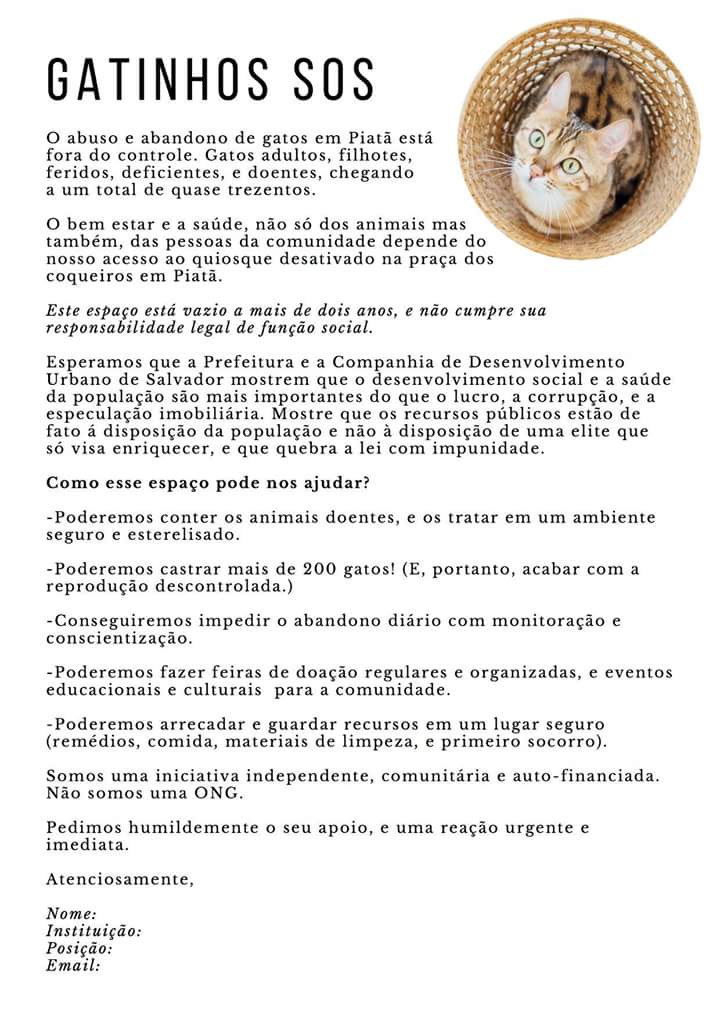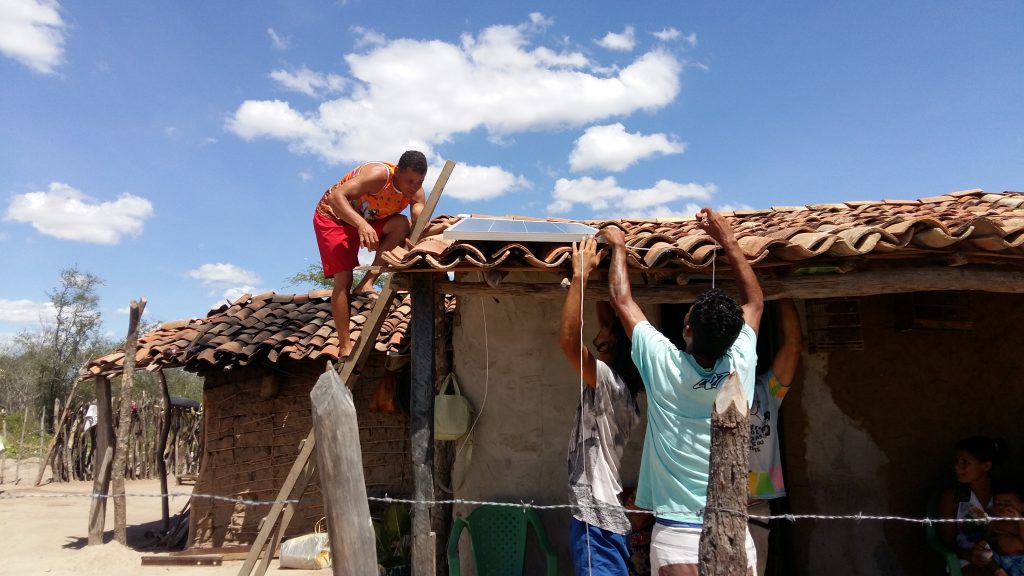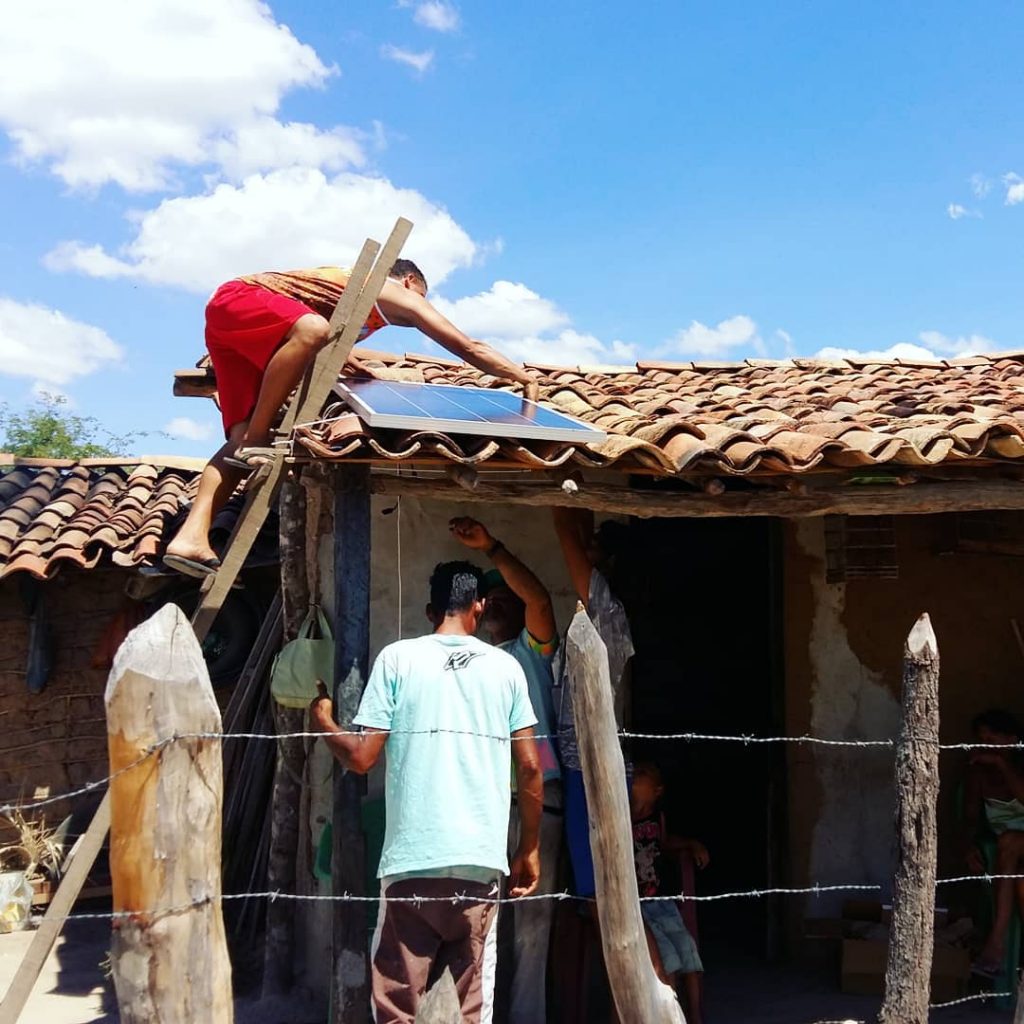
(English below)
SEXUALIDADE E ANARQUISMO
Conexão entre sexualidade e anarquismo:
Se o anarquismo é o horizontalismo e o desejo politico de abolir sistemas hierárquicos de poder, de que forma as estruturas de poder presentes na sociedade contemporânea influencia nossa sexualidade?
A partir dai, como podemos então anarquizar nossa sexualidade?
Da perspectiva clássica, a estrutura principal de poder que anarquistas querem abolir é o Governo.
Podemos ver que o Governo é abrangente o suficiente pra atingir nossa sexualidade, dentro da ética e da religião.
Ou ao contrario, podemos ver que o Governo é apenas um exemplo, entre outras estruturas opressivas de poder a serem abolidas.
“O anarquismo representa a libertação da mente humana do domínio da religião e a libertação do corpo humano da coerção da propriedade; libertação das algemas e restrições do Governo. Representa uma ordem social baseada no agrupamento livre de indivíduos … ” [6]
Nem todos os anarquistas concordam nessa area, e muitos que não são anarquistas concordam.
De qualquer maneira, queremos ser livres, pra ser quem somos, sem opressão.
Sennett e Foucault
Já que queremos abolir estruturas opressivas de poder, e já que muitos aqui são filósofos, falamos sobre como ir da subjugação ao PODER para a libertação do SER.
O que é o Poder e o que é o Ser? Essa é a area aonde o existencialismo e a política se cruzam.
Sennett, sociólogo de NYU, fala de Foucault porque tem o mesmo interesse em sexualidade em relação ao conceito de poder e auto descobrimento. Temos que lidar com poderes externos pra atingir autoconhecimento existencial interno.
Esse texto explora a exploração do tema de sexualidade e solidão, indo da perspectiva de Foucault em relação a sexualidade no começo do Cristianismo na Grécia, até a solidão da vida moderna.
Em outras palavras, é bem filosófico e abstrato. E na minha opinião: Falocentrado.
Sennett descreve 3 tipos de Solidão. Vitima, rebelde, e diferente.
A vítima e o rebelde interagem com um poder externo e dribla com a subjugação a este poder.
No mundo solitário contemporâneo a masturbação é confinada na ética cristã.
O diferente transcende o poder, e pratica o auto-erotismo (Se excitar consigo mesmo).
Para isso é necessária a libertação de valores cristãos pra atingir um nível mais elevado de consciência existencial pelo sexo. Transcender o poder opressor externo e se encontrar existencialmente.
Sennett argumenta que essa ética sexual foi adotada pelo Cristianismo do Paganismo.
[1]
Foucault e Hegel
Foucault e Hegel são provavelmente os existencialistas mais famosos que discutem o assunto do Poder e do Ser. Na minha opinião, a pratica da filosofia deles é muito parecida, só que um é Francês e o outro é Alemão, então o tom dos textos é bem diferente.
Essa ideia de transcender o poder é mais romantizada pelo Foucault. Por isso funciona mais com o tema de sexualidade falocentrada. É uma discussão filosófica que pode ser aplicada a partir da autonomia intelectual.
(Aquela coisa Francesa de fumar um cigarro com profundidade)
Em contraste com Hegel, que muitos anos antes descreve friamente um processo especifico de auto conhecimento e reconhecimento a partir da superação do medo da morte.
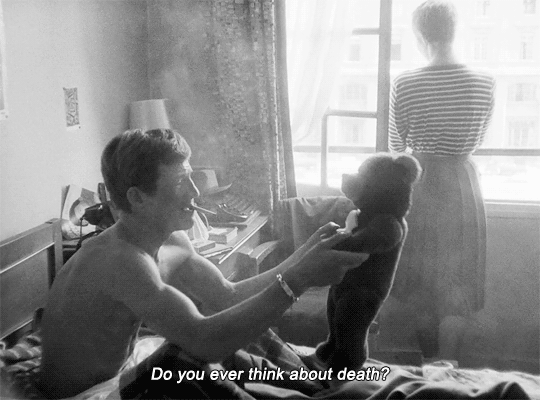
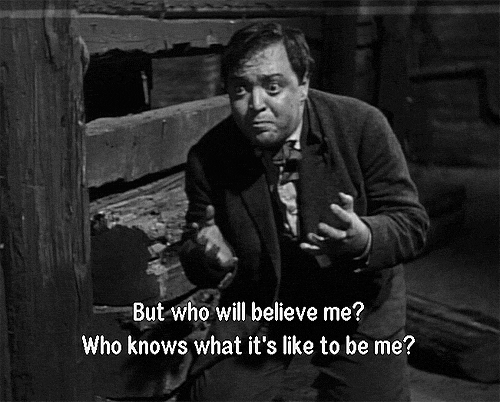
Por isso, Hegel se aplica melhor no ato de revolução política, o que não é uma coisa que podemos atingir apenas com uma restruturação intelectual.
Tanto que Marx usou essa base pra construir uma teoria praticável de revolução do proletariado contra a burguesia.
Eu, com uma perspectiva menos falocentrada/como mulher, me identifico mais com Hegel quando falo de sexualidade por causa disso.
Libertação sexual não é uma coisa que posso atingir só por auto conhecimento solitário, fumando um cigarro na cama, mas algo que devo arriscar minha sobrevivência para atingir.
Hegel e Judith Butler
“A subordinação é o preço da existência”
“a necessária manutenção do sujeito na subordinação”
“O corpo é um fenômeno socialmente construído”
“As opções do sujeito são existir e se subordinar ou resistir e sacrificar a sua existência.”
[2]
Euro/Falocentrismo: BUTLER versus SENNETT
“Estabelecer um campo comum” é ilusão: Solidão
Os dois falam de loucura e de solidão.
“As relações menos sociais aparecem embebidas na chama da natureza, da lei divina, da necessidade orgânica, a maioria das pessoas seria capaz de se imaginar com uma vida separada de seus papéis sociais.” (Sennet)
Sennett fala da perspectiva do homem europeu como se fosse uma perspectiva neutra:
TODAS AS REFERENCIAS SÃO HOMENS BRANCOS EUROPEUS
Sennett fala do falocentrismo de outros escritores mas não menciona sua própria reprodução do problema. Uma coisa que Foucault também avisou:
“Tomando uma amostra cronológica relativamente curta dentro de uma área geográfica restrita – a cultura européia desde o século XVI – pode-se ter certeza de que o homem é uma invenção recente dentro dela…” [4]
Sennett refere: “Diga-me o que você come e eu direi quem você é”.
Butler fala: “O processo de constituição do sujeito (seu corpo, seu gênero e sua identidade)” é socialmente construido. *sem menção de sexualidade*
“Sexo é básico como comer ou dormir, isso é certo”.
Não é certo. Pra muitas mulheres, acredito que, a sexualidade é uma imposição feita por homens que se atrevem a fazer afirmações deste tipo. Devemos tomar cuidado coma hypersexualização porque é usada como instrumento de violência e opressão. [5]
Uma perspectiva menos falocentrada seria Butler:
“O gênero é um significado social que o sexo recebe”
Portanto Butler fala de sexo biologico, e Sennett do ato sexual.
PÔ, TEM QUE ESPERAR ATÉ A CONCLUSÃO DO TEXTO PRA LER SOBRE MASTURBAÇÃO FEMININA, E É REFERENCIA DE UM HOMEM.
Se vamos falar da ética sexual e sexualidade humana, e só* nos referir ao homem europeu cristão como referência, devemos pelo menos mencionar os aspectos problemáticos desse ato em si, e praticar auto-critica quando reproduzimos esse eurofalocentrismo. No mínimo.
[1]
________
Referências:
1- Sennett, Foucault, Sexualidade e Solidão
2- Foucault e Butler por olhares adolescentes
3- Undoing Gender de Judith Butler, citação de Hegel
4- The Order of Things de Michel Foucault
5- Hyper Sexualization, Capitalism, and Cultural Appropriation
6- Anarquismo e outros Essays de Emma Goldman
SEXUALITY AND ANARCHISM
The connection between sexuality and anarchism:
If anarchism is horizontalism and the political desire to abolish hierarchical systems of power, in what ways do the structures of power present in contemporary society influence our sexuality?
How can we then incorporate anarchy in our sexuality?
From the classical perspective, the main structure of power that anarchists want to abolish is the Government.
We can see that the Government is far-reaching enough to embrace sexuality, within ethics and religion.
Or, we can see that the Government is just one example among other oppressive structures of power to be abolished.
“Anarchism stands for the liberation of the human mind from the dominion of religion and liberation of the human body from the coercion of property; liberation from the shackles and restraint of government. It stands for a social order based on the free grouping of individuals…”[6]
Not all anarchists agree in this area, and many who are not anarchists agree.
Either way, we want to be free, to be who we are, without oppression.
Sennett and Foucault
Since we want to abolish oppressive structures of power, we must talk about how to go from subjugation to POWER to the liberation of the BEING.
What is Power and what is Being? This is the area where existentialism and politics intersect.
Sennett, an NYU sociologist, talks about Foucault because he has the same interest in sexuality in relation to the concept of power and self-discovery. We have to deal with external powers to attain internal existential self-knowledge.
This text[1] explores the exploration of the theme of sexuality and solitude, starting from Foucault’s perspective on sexuality at the beginning of Christianity in Greece, to the solitude of modern life.
In other words, it is quite philosophical and abstract. And in my opinion: Euro/Phallocentric.
Sennett describes 3 types of Solitude. The victim, the rebel, and the different.
The victim and the rebel interact with an external power and dribbles with the subjugation to this power. In the contemporary solitary world, masturbation is confined to Christian ethics.
The different transcends power and practices auto-eroticism (one who excites himself).
This requires the liberation from Christian values, to reach a higher level of existential consciousness through sex. To transcend the external oppressive power and to meet yourself existentially.
Further, Sennett argues that Christianity adopted sexual ethics from Paganism.
[1]
Foucault and Hegel
Foucault and Hegel are probably the most famous existentialists who discuss the subject of Power and Being. In my opinion, the practice of their philosophy is very similar, only one is French and the other is German, so the tone of the texts is very different.
Foucault romanticizes this idea of transcending power. That’s why it works better with the theme of phallocentric sexuality. It’s a philosophical discussion that can be applied from intellectual autonomy.
(That French thing of smoking a cigarette with depth)
This is in contrast to Hegel, who many years earlier coldly describes a specific process of self-knowledge and recognition that is dependent on overcoming the fear of death.
That is why Hegel is best applied to the act of political revolution, which is not something we can achieve only with an intellectual practice.
So much so, that Marx used this basis to build a workable theory of the proletarian revolution against the bourgeoisie.
I, with a less phallocentric perspective / as a woman, identify more with Hegel when I speak of sexuality because of this.
Sexual liberation is not something I can attain by self-knowledge alone, smoking a cigarette in bed. It’s something I must fight for and risk my survival to attain.
Hegel and Judith Butler
“Subordination is the price for existence”
“The necessary maintenance of the subject is subordination”
“The body is a socially constructed phenomenon”
“The subject’s options are to exist and to subordinate or resist and sacrifice their existence.”
[2]
Euro/Phallocentrism: BUTLER versus SENNETT
“Establishing a common ground” is an illusion: Solitude
Both speak of madness and loneliness.
“The less social relations are embedded in the flame of nature, of divine law, of organic necessity, most people would be able to imagine themselves with a life separate from their social roles.” (Sennett)
Sennett speaks of the European man’s perspective of what’s natural as a neutral perspective:
ALL REFERENCES ARE EUROPEAN MEN.
Sennett speaks of the phallocentrism of other writers but does not mention his own reproduction of the problem. One thing that Foucault also warned us about:
“Taking a relatively short chronological sample within a restricted geographical area-European culture since the sixteenth century-one can be certain that man is a recent invention within it. . . “[4] (italics added)
Sennett quotes, “Tell me what you eat and I’ll tell you who you are.”
Butler says: “The process of constitution of the subject (its body, its gender a, d its identity)” is socially constructed. *no mention of sexuality*
“Sex is basic like eating or sleeping, that’s for sure.” (Sennett)
That is not for sure. For many women, sexuality is an imposition made by men who dare to make statements of this kind. We must be careful about hyper-sexualization because it’s used as an instrument of violence and oppression by the prevalent power structures.[5]
A less phallocentric perspective would be Butler:
“Gender is a social meaning that sex receives”.
So Butler speaks of sex, and Sennett speaks of the sexual act.
WE HAVE TO WAIT UNTIL THE CONCLUSION OF THE TEXT TO READ ABOUT FEMININE MASTURBATION, AND IT’S A REFERENCE TO A MAN.
If we talk about sexual ethics and human sexuality and only refer to Christian European men, we should at least mention the problematic aspects of this act, and practice self-criticism when we reproduce this Euro/Phallocentrism. At least.
[1]



